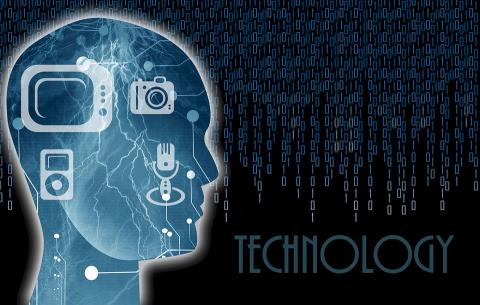In April the U.S. unemployment rate fell to 3.9 percent.
That's the lowest it's been since December 2000, after six months at 4.1 percent. But the increase in new hires may have come at the cost of inflation and lower than projected increases in wages, with average hourly earnings up a scant 0.1 percent over the prior month and 2.6 percent year to date.
And many economists say hiring will not continue indefinitely at the current pace, such as Sam Bullard, senior economist at Wells Fargo Securities, who said in a recent report:
"We believe the U.S. labor market remains on solid footing. That said, as labor market conditions continue to tighten and the pool of skilled workers on the sidelines continue to shrink, future monthly hiring gains are likely to slow from the current hiring pace."
At the last meeting of the Federal Open Market Committee, the Fed noted that: "overall inflation and inflation for items other than food and energy have moved close to 2 percent," an increase over the last FOMC meeting in March which noted then that inflation indicators "have continued to run below 2 percent."
What that means is year to date increases in average hourly earnings are nearly cancelled out by increases in prices as measured by the Federal Reserve Bank. It's enough for the Fed, which sees 2 percent inflation as healthy for the economy, to continue to hold the funds rate at a target of 1.5 percent to 1.75 percent.
Many supporters of Donald Trump on social media also see the latest employment figures as cause for celebration and credit the president with economic growth and the increasing in hiring.
But as they will be sure to point out during the next economic boom under the next Democratic president, the American economy is a vast and complex system, with far more inputs than just those of White House and legislative policy.
In fact, many of the same people who are crediting Donald Trump for a strong stock market or low unemployment numbers are the same ones who will still bristle at the words of Barack Obama when he said five years ago that: "If you've got a business, you didn't build that. Somebody else made that happen."
But if businesses are responsible for building the economy when a Democrat is president, they're still responsible for it when a Republican is too.
In this case, the solid fundamentals of the American economy may come down to the cost saving, efficiency increasing, problem solving, barrier shattering power of the digital technology revolution that continues to gather momentum in 2018.
Many prominent economists and labor theorists have pondered the problem of automation for decades now, stretching back even to the popular science fiction works of Isaac Asimov in the 1950s, which depicted a future in which workers felt pitted against automatons for jobs. But a review of the history of American economic growth and improvements in automation show this is not the case.
In fact the more businesses use automatons, the more jobs they end up creating, more than the jobs they temporarily disrupt. All while increasing real wages for workers.
Thinking economically means realizing the complexity of economic systems, and finding ways for government policy to be more flexible like the economy itself.
